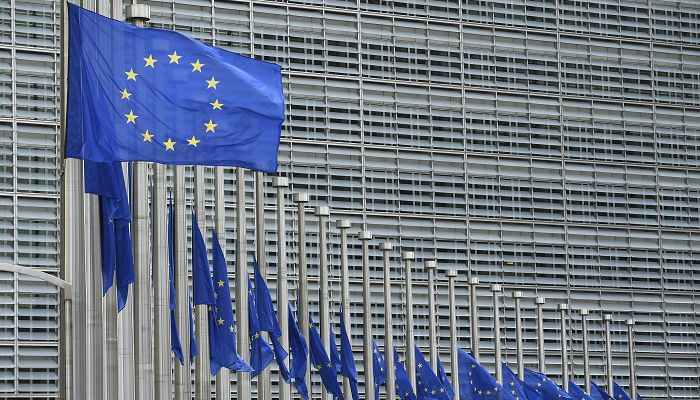The European Commission wants further to reduce air and water pollution in the EU. Stricter rules are needed for ambient air, surface and groundwater pollutants and urban waste water treatment.
“In 2050, we want an environment without harmful, polluting substances,” says Vice-President Frans Timmermans.
The committee is coming up with a package of proposals that it believes will reduce the number of deaths from the most polluting particulate matter, PM2.5, by 75 percent in ten years. However, the permitted limit value has to be lowered by more than half for this. “The longer we wait to reduce this pollution, the higher the costs to society will be,” says Timmermans. “Our proposals are a crucial piece of the puzzle.”
According to the daily EU administration, 300,000 Europeans die prematurely from air pollution every year, while thousands of people suffer from heart and lung diseases or pollution-related cancers. Therefore, air pollution is considered one of the biggest threats to human health.
But clean water is also fundamental to health. That is why the committee proposes existing European legislation, for example, to increase the weight of the standards for so-called micropollutants, chemicals that can be toxic even in small concentrations, and microplastics in the water. In addition, more municipalities are obliged to treat polluted water by lowering the limit of 2000 inhabitants to 1000. The committee also proposes systematically checking waste water for viruses such as the coronavirus.
Because 92 percent of all toxic micropollutants in wastewater come from pharmaceuticals and cosmetics, manufacturers must pay to remove those substances from the water. According to the committee, this will encourage the industry to market non-toxic products. In addition, EU countries must identify industrial pollution at source to increase the possibility of reusing sludge and treated wastewater.


